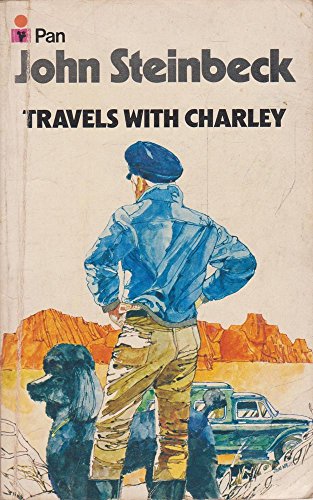
Çelebi claimed to have encountered Native Americans as a guest in Rotterdam during his visit of 1663. Įvliya Çelebi died in 1684, it is unclear whether he was in Istanbul or Cairo at the time. Departing from the Ottoman literary convention of the time, he wrote in a mixture of vernacular and high Turkish, with the effect that the Seyahatname has remained a popular and accessible reference work about life in the Ottoman Empire in the 17th century, including two chapters on musical instruments. The collected notes of his travels form a ten-volume work called the Seyahatname ("Travelogue").

His journal-writing began in Constantinople, with the taking of notes on buildings, markets, customs and culture, and in 1640 it was augmented with accounts of his travels beyond the confines of the city. He was also trained in the theory of music called ilm al-musiqi. Çelebi had studied vocal and instrumental music as a pupil of a renowned Khalwati dervish by the name of 'Umar Gulshani, and his musical gifts earned him much favor at the Imperial Palace, impressing even the chief musician Amir Guna. Though employed as a clergyman and entertainer at the Imperial Court of Sultan Murad IV, Evliya refused employment that would keep him from travelling. Ī devout Muslim opposed to fanaticism, Evliya could recite the Quran from memory and joked freely about Islam. He may have joined the Gulshani Sufi order, as he shows an intimate knowledge of their khanqah in Cairo, and a graffito exists in which he referred to himself as Evliya-yı Gülşenî ("Evliya of the Gülşenî"). Evliya Çelebi received a court education from the Imperial ulama (scholars). In his book, Evliya Çelebi traces his paternal genealogy back to Ahmad Yasawi, the earliest known Turkic poet and an early Sufi mystic. Both his parents were attached to the Ottoman court, his father, Derviş Mehmed Zilli, as a jeweller, and his mother as an Abkhazian relation of the grand vizier Melek Ahmed Pasha. In 2011, the year which would have been his 400th birthday, Evliya is being paid homage as UNESCO’s Man of the Year.The house of Evliya Çelebi in Kütahya, now used as a museumĮvliya Çelebi was born in Constantinople in 1611 to a wealthy family from Kütahya. Sometimes these encounters lead to nothing but sometimes they lead to stories which are so deeply felt, and so universally melodic that they leave echoes which can still be heard and felt today. This 17th century Muslim traveller can sometimes seem narrow-minded and yet this same man can stand in St Stephens Cathedral in Vienna and be moved by the music he hears. Through his stories, we are prompted to think more imaginatively about our own travels and journeys to other cities. These are not just factual accounts, Evliya had a great imagination and just as important as his journal entries was the imaginative storytelling that ran alongside, elaborating, exaggerating, and fantasizing.


‘Seyahatname’ – Book of Travels – is a unique and important text, representing one of the few accounts of the 17th century and the Ottoman world from the perspective of a Muslim. Over the course of his travels he wrote ten volumes detailing his adventures. Evliya Celebi was an enlightened man in a variety of ways who believed in equality, freedom of thought and intellectual debate, and found all of these things present in Islamic societies.


 0 kommentar(er)
0 kommentar(er)
